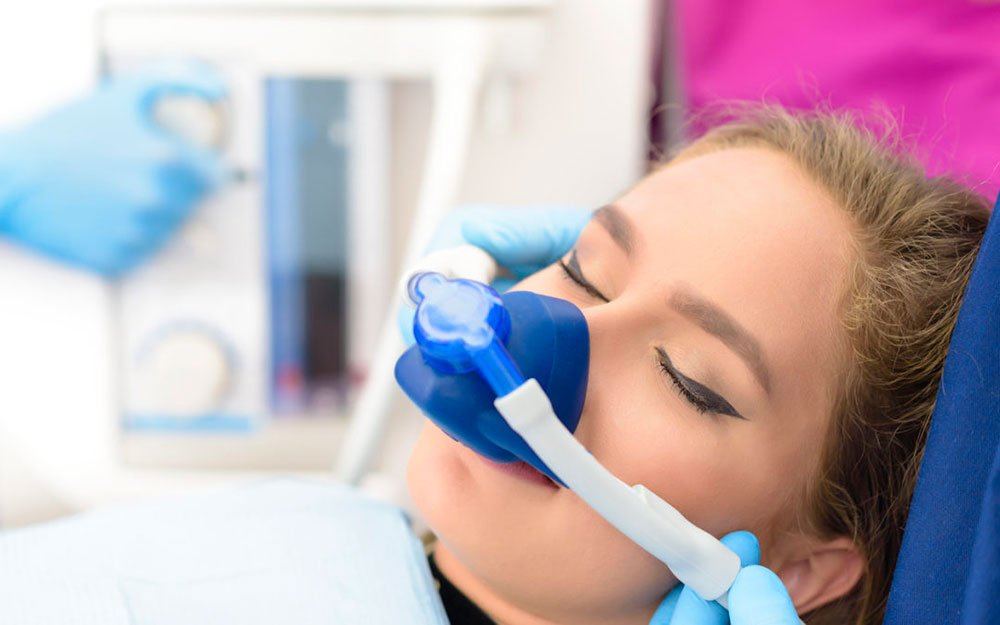Many people opt for sleep sedation dentistry because they are fearful of dental procedures. It’s common for people to worry about the pain and discomfort that they might endure in the dentist’s chair. However, some procedures are unavoidable if they are to improve the appearance of their smiles and maintain good dental health. Let’s take a look at what you can expect from sleep sedation dentistry right now.
Why might someone benefit from sleep sedation dentistry?
Sleep dentistry may be the solution for you if you require dental work but don’t wish to be conscious or nervous during it. Your dentist might give you a drug to make you unconscious or so relaxed that you don’t feel as anxious as you normally would.
What kinds of sleep sedation treatments are available?
Drugs that are often given before or during sleep sedation dentistry include nitrous oxide, oral sedatives, and intravenous sedatives. Nitrous oxide can be used to relax you, but it does wear off rather quickly so you can carry on with your day as you normally would afterward. Oral sedatives are normally taken about 60 minutes before appointments. These won’t make you unconscious, but they will relax you. They can make you sleepy, so you may be unable to return to work afterward. Intravenous sedatives can be used to send you into a deep sleep so you’re not conscious during the procedure. If your dentist suggests sleep dentistry to you, they will probably be referring to general anesthesia.
Do I need to prepare for sleep sedation dentistry?
Your dentist should help you prepare and give you instructions no matter which option you go for. You don’t need to prepare for nitrous oxide at all, but you may be instructed to avoid eating or drinking for several hours before you take an oral sedative. They may also advise you not to take other medications that could interfere with the treatment.
Am I eligible for sleep sedation dentistry?
You may be a suitable candidate for sedation dentistry if you have sensitive oral nerves, have had traumatic experiences at the dentists’ in the past, if your mouth has become sore during past dental work or if you suffer from anxiety. Some people opt for sleep sedation dentistry because local anesthetic doesn’t work well for them.
Is sleep sedation dentistry available for all dental work?
You are more likely to be offered sleep sedation dentistry if the dental work is particularly painful or uncomfortable. For instance, it may be provided if you are undergoing root canal treatment, receiving dental implants or having a tooth removed. It’s less likely to be offered if you are having your teeth cleaned or undergoing other routine procedures.
Conclusion
Some people aren’t suitable candidates for sleep sedation dentistry. You may wish to avoid it if you have a phobia of needles or are worried about feeling vulnerable, sleepy or losing consciousness unconscious during your treatment. Nonetheless, sleep dentistry has helped millions of people to undergo challenging treatments.



